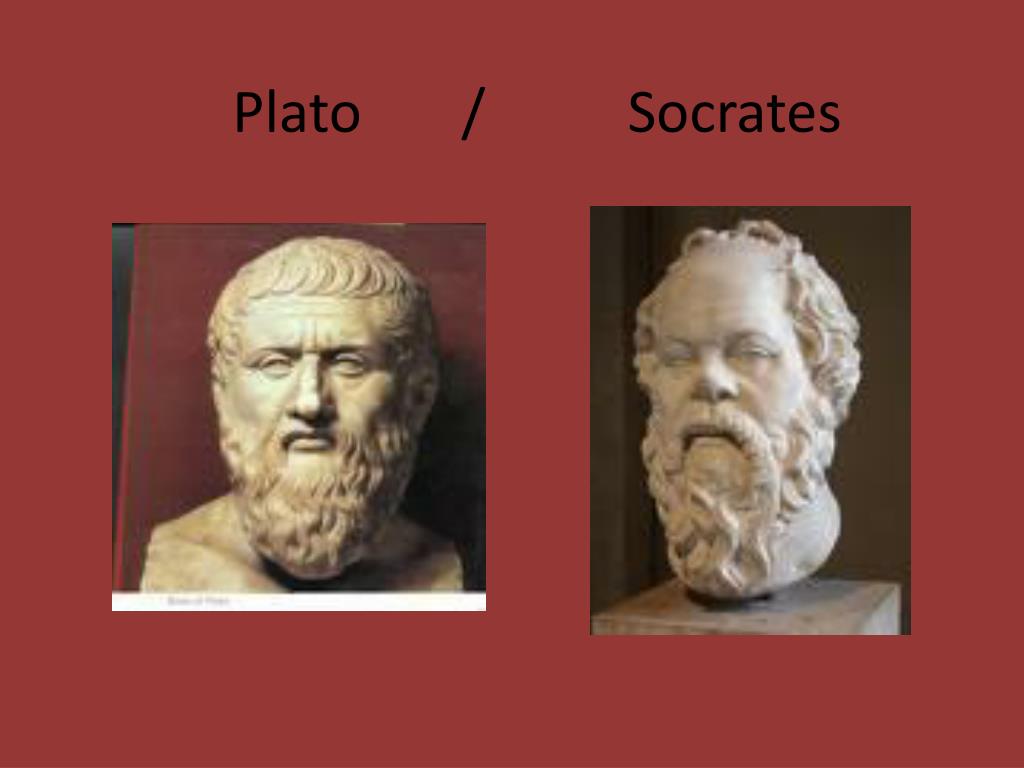


His most influential work, The Republic, is a highly sophisticated argument against the democratic approach to government that had taken shape in Plato’s time.

Another reason is the undeniable depth of Plato’s thought, which assimilates insights from his predecessors - Parmenides and Pythagoras in particular - while breaking new ground in many of the areas highlighted above.Ī third reason, far less remarked upon, is the historical role that Plato’s philosophy has played in attacking democracy. Across three dozen dialogues, Plato tackles everything from theology, metaphysics, and epistemology to political theory, the nature of love, and the theory of language. One reason for his enduring influence is the sheer breadth of Plato’s writing. Karl Popper once suggested that Western thought has been Platonic or anti-Platonic but rarely ever non-Platonic, while Alfred North Whitehead famously quipped that the history of Western philosophy has been little more than “footnotes to Plato.” So too, I explore Socrates' equally problematic defense of the justice of the city.Modern commentators trace the emergence of Western philosophy back to Plato. I attempt to comprehend why Socrates provides such a problematic defense of the justice of the individual in the Republic. But Socrates implicitly points to the problematic character of the equation of the just man and the philosopher by revealing, among other things, that the philosophers must be compelled to rule in the best regime even though it would be a matter of justice for them to rule willingly. In Book Five through Book Ten, Socrates continues his defense of justice by equating the just man and the philosopher-indeed, by making clear that the philosopher is just more or less in the sense outlined in Book Four. It contrasts with the more commonsensical definitions of justice offered in Book One, e.g., that justice is giving to each what is owed and telling the truth. But this definition is paradoxical and appears to have little link with justice as ordinarily understood. In doing so, he relies especially on the definition of the justice of the individual that he provides at the end of Book Four, i.e., allowing each of the parts of the soul to mind its own business. In response to the request made by Glaucon and Adeimantus at the beginning of Book Two, Socrates tries to show, in the bulk of the Republic, that justice is intrinsically good and that it is better than injustice. I contend that recognizing the problematic character of Socrates' defense of justice in the Republic is a key to understanding his teaching regarding justice. In this dissertation, I examine Socrates' defense of justice in Plato's Republic.


 0 kommentar(er)
0 kommentar(er)
